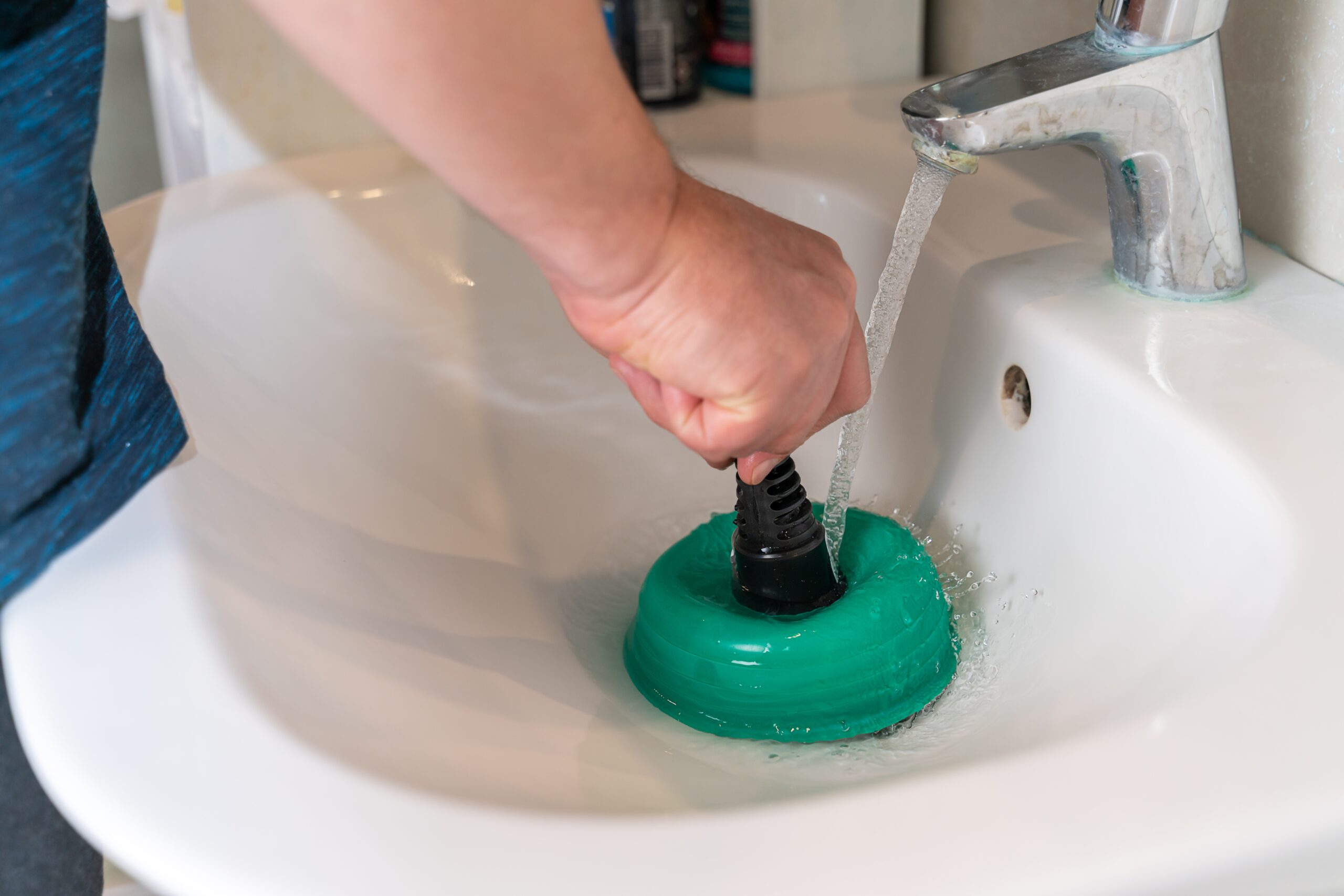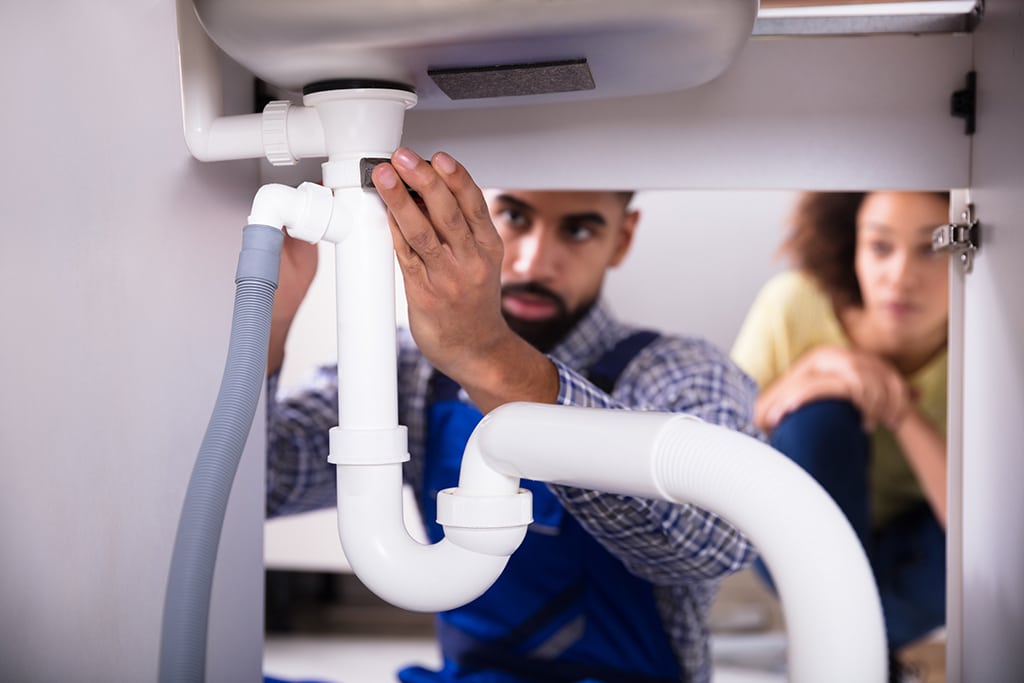The publisher is making a number of good points relating to 8 Tips For Clearing A Blocked Drain overall in this content just below.

Introduction
Dealing with a blocked drainpipe can be an aggravating experience, interfering with everyday activities and possibly causing damages to your residential property. Nonetheless, prior to reaching out to plumbing experts, there are actions you can require to resolve the issue on your own. In this overview, we'll check out do it yourself options and safety nets to deal with an obstructed drain properly.
Determining the Problem
The primary step in addressing a blocked drain is recognizing the indications. Slow-moving drainage, gurgling sounds, foul odors rising from drains, or water backing up prevail indicators of a blocked drain. Determining these indicators early can help protect against better problems.
Usual Root Causes Of Obstructed Drains
Comprehending the variables that contribute to drain pipes clogs is important for efficient resolution. Typical perpetrators include hair, soap residue, oil, food particles, and international items like sanitary products or paper towels. Tree roots attacking underground pipelines can additionally create significant obstructions.
Do it yourself Solutions
For small clogs, a number of do it yourself solutions can be reliable. Pouring boiling thin down the drainpipe can assist liquify oil and debris. Baking soda and vinegar or a mix of salt and cooking soda can function as all-natural cleaners. Making use of a bettor or plumbing snake to dislodge obstructions is one more alternative.
Tools and Tools
Having the right tools accessible can make DIY drain cleansing extra efficient. A bettor is a flexible tool for clearing obstructions in sinks, bathrooms, and showers. A plumbing serpent or auger can reach deeper clogs, while drain cleansing chemicals can be utilized very carefully for stubborn obstructions.
Preventive Measures
To avoid future blockages, adopting preventive measures is critical. Mount drainpipe guards or filters to capture hair and particles prior to they go into the pipes. On a regular basis flush drains with warm water to dissolve grease buildup, and avoid taking care of grease or solid waste down the tubes.
When to Call a Professional
While do it yourself options can fix minor clogs, particular indications suggest the need for specialist support. Persistent clogs, foul odors in spite of cleansing initiatives, or several drains backing up simultaneously are red flags that necessitate experienced intervention.
Picking the Right Pipes Solution
When choosing a plumbing service, consider variables such as experience, licensing, and client reviews. Choose a credible plumbing with a record of quality handiwork and transparent rates methods.
Cost Considerations
The expense of expert drainpipe cleaning services can vary depending upon the intensity of the blockage and the plumbing's prices. Request quotes from multiple companies and inquire about any type of added fees to guarantee transparency and stay clear of shocks.
Safety Measures
When attempting DIY drain cleansing, prioritize security. Wear safety gloves and eyewear to stay clear of contact with unsafe chemicals or germs. Never blend various drain cleaning items, as this can create harmful fumes.
Situation Studies
Real-life examples highlight the effectiveness of do it yourself options and the value of prompt expert intervention in settling drain blockages.
Verdict
By following the tips described in this guide, you can effectively deal with obstructed drains and protect against future pipes problems. Whether choosing DIY remedies or seeking professional assistance, punctual action is essential to maintaining a healthy and balanced pipes system and protecting the stability of your home.
10 TIPS TO CLEAR ANY BLOCKED DRAIN
SIGNS OF A BLOCKED DRAIN
Blocked drains can be a source of property damage and health problems for people and pets. The early warning signs of a blocked drain are:
Overflowing
You’re probably quite used to everything flowing down your drain. As a result, it’s quite alarming seeing water spill back up. If your drain is overflowing, that means you’re facing a blockage.
Gurgling sounds
Gurgling sounds indicate that the water is pooling and pushing against the pipe. If you experience this, it’s often the case that a blockage is a problem.
Slow draining
When emptying your sink or taking a shower, you might notice that the water pools for longer than expected. Usually, the problem worsens rather than getting better by itself, which suggests that the blockage is growing larger.
CAUSES OF A BLOCKED DRAIN
Although most people use their drains appropriately, it’s quite easy to make mistakes. Occasionally, everyday use results in blocked drains too. Common causes include:
Tree roots
Tree roots won’t be the cause of local drain blockages, but they can disrupt your main sewage system. The root keeps growing until it breaches the pipe and causes a blockage.
Toiletries
Although toiletries are essential, some can cause drain blockages. For example, nappies, baby wipes and sanitary products should not be flushed down the toilet.
Foreign objects
When you have kids, there’s always a risk they’ll flush something unusual down the toilet. Toys and other foreign objects become lodged in the u-bend, resulting in a blockage.
Mineral Buildup
When minerals such as calcium build up in your pipes, this causes constriction. Although this may not cause a blockage on its own, it does make it easier for other types of blockages to form.
Soap
Although liquid soap may not cause drain blockages, solid soap bars can get lodged within pipes until they eventually break down. One way to stop this from happening is to use a mesh wire guard to cover plug holes.
Natural Debris
Natural debris can fall into your outdoor drains, especially when you don’t use gutter guards. This usually means leaves and twigs, although it can include dirt and grit too.
HOW TO CLEAR A BLOCKED DRAIN
Boiling water
Boiling water is useful for tackling blocked drains caused by grease, conditioner, and some other kinds of toiletries. This is because these substances have a low melting point, and the extreme heat helps to break them up. Boil a kettle with water and pour it down the drain to shift the blockage.
Natural cleaners
You can use some natural cleaners to create a fizzing effect that breaks drain blockages apart. Try pouring hot water down the drain, then follow it with one cup of bicarbonate of soda and a cup of vinegar. Leave it for ten minutes, then chase it with more hot water. A combination of the hot water and the natural cleaner mixture can break blockages up.
Caustic cleaners
Some stores sell caustic cleaners that take stronger action against drain blockages. It dissolves grease, fat, and oils, making it ideal for tougher blockages. Always follow the instructions on the packaging and ventilate the room before starting.
Plungers
As a simple yet effective tool, plungers can help to dislodge local blockages. They work by forming a seal around the plug hole, followed by a vacuum effect that removes the blockage.
DIY drain snake
You can make a DIY drain snake out of any thin metal wire, such as a coat hanger. Leave a hook at the end of the snake and insert it into the plughole. Try using it to fish out local blockages made of hair. This approach is most effective in showers.
https://preciseservices.com.au/10-tips-to-clear-any-blocked-drain/

I'm just very involved in What I learned from trying to deal with a clogged drain and I really hope you liked the new blog posting. Sharing is nice. You just don't know, you could be doing someone a favor. Thanks a lot for your time invested reading it.
Click Here